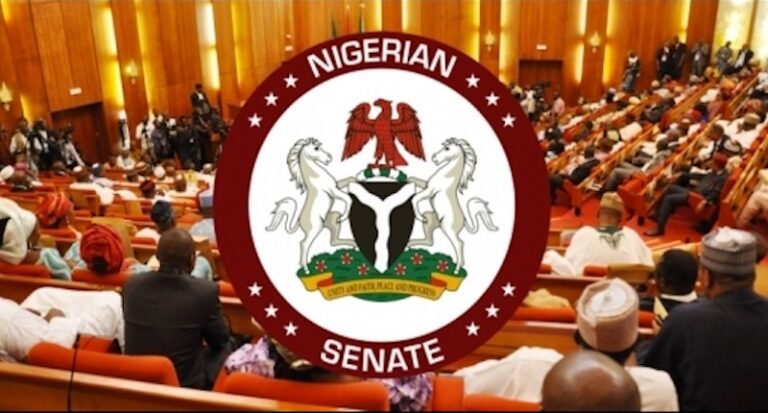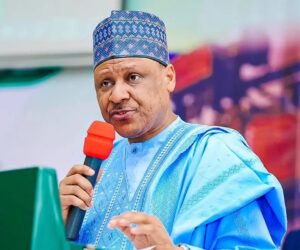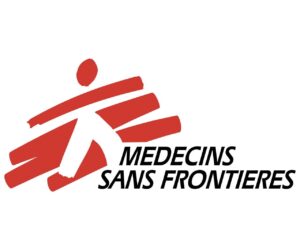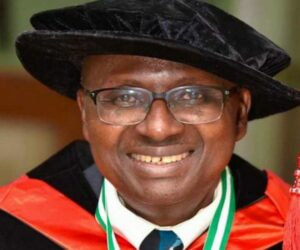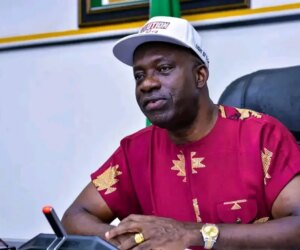1
Kingsley Joshua
The Senate Committee investigating repeated sabotage of oil installations, and crude oil theft in the Niger Delta on Wednesday revealed reasons for a humongous loss in $300 billion revenue from 2015 to date.
The 23-man committee headed by Senator Ned Munir Nwoko (APC-Delta) identified systemic irregularities, poor measurement standards and weak enforcement in the oil and gas sector resulting in unaccounted crude oil sales.
Presenting its interim report to the Committee of the Whole, the adhoc panel which is tasked with investigating the incessant and nefarious acts of crude oil theft and related sabotage in the region, said its submissions stems from oral submissions made by stakeholders, documents, records and findings from the general public.
He said the 40-page interim report recommends several measures to tackle crude oil theft, strengthen accountability, and recover lost revenues, adding that the committee, after extensive assessment, recommended that the Nigerian Upstream Petroleum Regulatory Commission (NUPRC) should strictly enforce internationally accepted crude oil measurement standards at all production sites and export terminals.
The report further urged the Federal Government to equip security agencies with modern surveillance technology.
“Including unmanned aerial vehicles (UAVs) to combat oil theft as well as to establish a Maritime Trust Fund to enhance maritime infrastructure and safety”.
Other recommendations include the establishment of special courts to prosecute crude oil thieves, full implementation of the Host Communities Development Trust Fund under the Petroleum Industry Act (PIA).
“And the handover of abandoned wells to the NUPRC for proper management and utilisation”.
Still, other recommendations include the strict implementation and enforcement of internationally acceptable crude oil measurement standards at all production sites and export terminals or the restoration of the Weights and Measures Departments of the Federal Ministry of Industry, Trade and Investment to the upstream sector.
It also recommended that this should be followed with empowering the Weights and Measures Departments to acquire and use state of the art measuring equipment at all production sites and export terminals.
According to it, this would promote and strengthen accurate measurement, transparency and accountability in the oil and gas industry.
The committee also proposed that it be empowered to “track, trace, and recover” all stolen crude oil and its proceeds, locally and internationally — a recommendation that immediately sparked debate among lawmakers.
Some Senators while commending the committee’s work cautioned against exceeding legislative powers.
PDP Bauchi Senator, Abdul Ningi described the report as “detailed and commendable,” but argued that the committee’s mandate should not include direct recovery of stolen funds.
“We can track and trace, but recovery is beyond the powers of the Senate. The committee should specify losses, locations, and report back for referral to agencies such as the EFCC or ICPC,” he said.
Ningi noted that consultant reports cited in the document revealed crude oil revenue shortfalls of $81 billion between 2016 and 2017, in addition to $200 billion in unaccounted proceeds from 2015 to date.
Chairman Senate Committee on Appropriations, Sen. Solomon Adeola supported Ningi’s position, saying the recovery process must be handled by the executive arm.
“The committee should provide more details — names of companies, figures, and locations — before any further steps are taken.
“It is not the role of the Senate to recover funds; that lies with appropriate agencies,” Adeola said.
Other Senators, including Sen. Ibrahim Dankwambo (APC-Gombe), also called for a more comprehensive final report.
This he said is to identify all “actors” involved in the theft, the specific wells and rigs affected and quantities of crude lost through illegal bunkering and pipeline leakages.
“The title of the report includes ‘the actors,’ so we must know who they are. It is a complex web involving companies, individuals, and illegal refineries. We need well-by-well and rig-by-rig data,” Dankwambo said.
Sen. Enyinnaya Abaribe (APGA-Abia) urged patience, stressing that since the report was interim, the Senate should only receive it and await the final submission.
In his remarks, President of the Senate, Godswill Akpabio commended Sen. Nwoko and his team for their “thorough and courageous work,” but aligned with colleagues who said the Senate could not directly recover stolen funds.
“Our duty is to track and trace. Recovery is a separate mandate handled by government agencies. Nonetheless, we encourage the committee to continue its work and present a final, comprehensive report,” Akpabio said.
He described the estimated $300 billion in crude oil losses as “staggering,” saying it underscores the need for urgent reforms and stricter oversight of Nigeria’s petroleum sector.
The Senate thereafter resolved to adopt the interim report and directed the ad hoc committee to continue its investigation and submit a final report with detailed findings and actionable recommendations.

